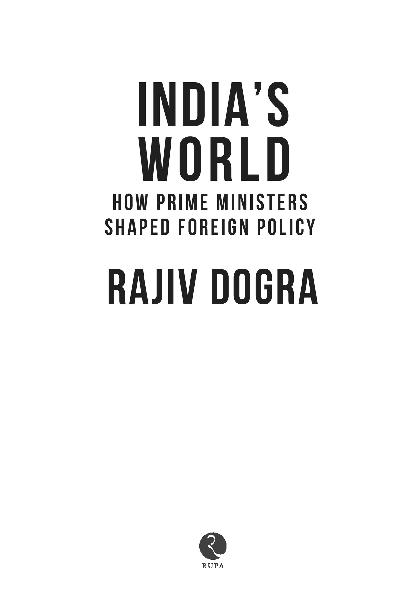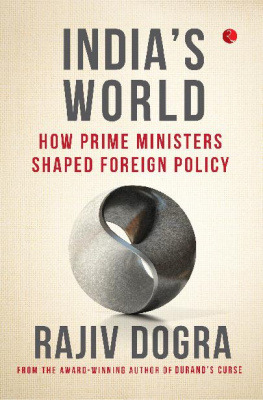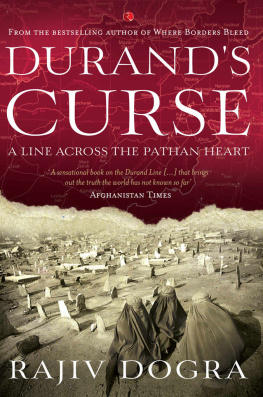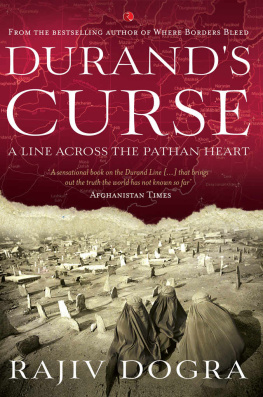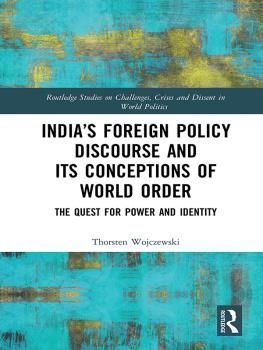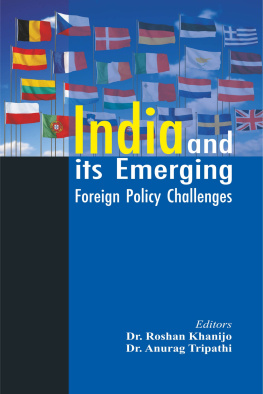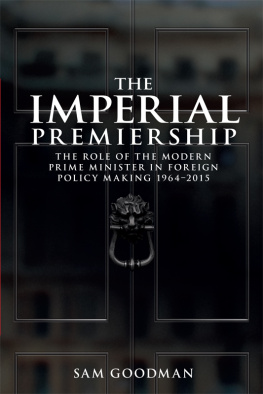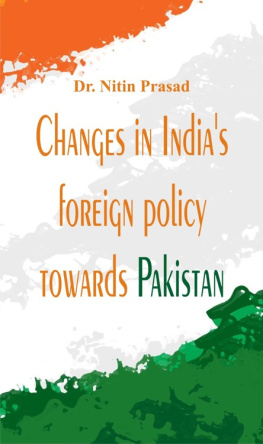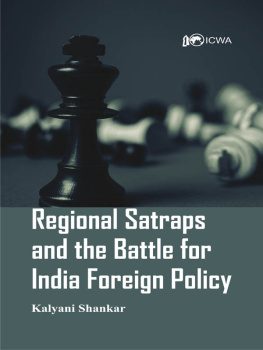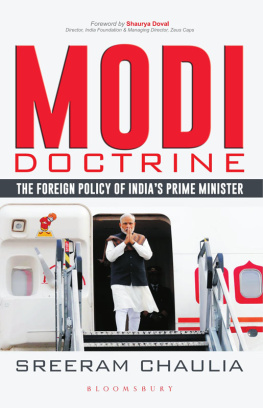INDIAS
WORLD
Published by
Rupa Publications India Pvt. Ltd 2020
7/16, Ansari Road, Daryaganj
New Delhi 110002
Copyright Rajiv Dogra 2020
The views and opinions expressed in this book are the authors own and the facts are as reported by him which have been verified to the extent possible, and the publishers are not in any way liable for the same.
All rights reserved.
No part of this publication may be reproduced, transmitted, or stored in a retrieval system, in any form or by any means, electronic, mechanical, photocopying, recording or otherwise, without the prior permission of the publisher.
ISBN: 978-93-89967-40-1
First impression 2020
10 9 8 7 6 5 4 3 2 1
The moral right of the author has been asserted.
This book is sold subject to the condition that it shall not, by way of trade or otherwise, be lent, resold, hired out, or otherwise circulated, without the publishers prior consent, in any form of binding or cover other than that in which it is published.
For
B K & Toshi Goswami
CONTENTS
PROLOGUE
An Independent Path in the World
Addressing the Indian Parliament on 22 March 2000, the US President Bill Clinton said, Time and again in my time as President, America has found that it is the weakness of great nations, not their strength, that threatens their vision for tomorrow. So we want India to be strong, to be secure, to be united, to be a force for a safe, more prosperous, more democratic world. Whatever we ask of you, we ask in that spirit alone.
They were fine words, delivered by the high priest of the worlds oldest democracy in the temple of its largest. They were crafted for a country that has existed mystically before time, where emotions often trump cold calculation. Both the eloquent speaker and his enraptured audience were conscious that democracy, like happiness, is one of those elusive things whose promise is almost as important as its performance.
Clintons words were meant sincerely, if one goes by the material available about his preparation for the visit. He wanted India to be strong, secure and united so it could be a force for a safe, more prosperous, more democratic world. What Clinton was suggesting amounted to a triple-double; if India was strong, secure and united, the second triple would follow naturally. Instead of being a mere participant in the world, he was urging it to be one of its determinants. Instead of just watching the world go by, Clinton was suggesting that India should help choose the direction it should take. Can there be any quarrel with that? More importantly, did the Indian leadership of the time share this vision, or did it have its own variation of it, with an inherent continuity? Or to put the same question differently, did the Indian leadership over the years have a shared vision about Indias place in the world? And if its leadership did share that vision wholly or partly, has India made progress on the triple-double that Clinton had wished for India? Perhaps not.
There has been some movement in the last two decades towards carving a global role, but it has not been significant enough. As Karl Marx said, Men make their own history, but they do not make it as they please; they do not make it under self-selected circumstances, but under circumstances existing already, given and transmitted from the past It is these circumstances from the past that have circumscribed the Indian leaders freedom of action. They could not wish away the fact, and the burden, of foreign rule. That past is still raw in India.
Another deep resource from its past is Indias consistent faith in remaining content within its land boundaries, tolerance of the other and secularism in faith and belief. These ideas have for long been sustained and sponsored by a large Hindu-majority state brimming with ethnic, religious and linguistic diversity. This was both a source of pride and justification for the rightful Indian claim to exceptionalism. But howsoever praiseworthy these ideals are for a society, they are also singled out as reasons for Indias passivity. The lack of aggression and the reluctance to covet what is others has been blamed for the blows it has received over the centuries. Along the way, India lay defeated and wounded.
The invasions and the prolonged stay of foreign forces were certainly not blessings. During those trying centuries, Indias contact with the world was through the prism and the needs of its rulers. If they went to war, their enemy was Indias too, and its people the readily available cannon fodder. If the ruler needed to create a buffer stock of food for his troops engaged in war, the Indian population had to make the necessary sacrifice, even if it meant facing food shortages and a drought that killed a million people. For long, therefore, India was condemned to deal with the world second-hand.
Naturally, then, even in the early twentieth century, India had not figured in the rising Americas calculations as a geographical reality to be taken note of. If at all it interested an American, it was because of the rapture that India provided to a Mark Twain for being so exotically different. Mahatma Gandhi, with his non-violent protests, was the other reason for curious interest in India. The American leadership, however, had little time for a region that was devoid of strategic value and no longer quite the jewel it once had been in the British crown.
The partition changed this. Its violence was a deep wound on the global conscience. For India, this new awakening into independent statehood should have been a long-sought joy. To an extent it was, but it was not quite a transformative event in that respect. A new beginning that kills a million plus and displaces over fifteen million cannot prod people to happiness. Still, the national attention did not take long to shift from the pain of loss to focus on putting lives together. This haemorrhaging India had come into being soon after Europe had stopped mourning its dead from the Second World War. While the financially generous Marshall Plan by the US was available to rejuvenate Europe; India and Indians were left to fend for themselves. India made a virtue of its misery by terming it self-reliance.
This smart turn of phrase was no palliative. Despite being one the oldest civilizations, with an established tradition of governance, India emerged reborn as a young, traumatized state wounded by its partition. There were also the issues of its size and heterogeneity. It has the worlds second-largest population, in a landmass the size of Western Europe. This population, of every religion known to man, is divided into hundreds of ethnic groups speaking over a thousand languages, including 20 major ones. Some of the worlds poorest people and some of its richest live here, uncomfortably together.
Therefore, the Indian past and present, like that of many other countries, are strongly influenced by its history, tradition and geography. So too are its contradictions. The type of neighbourhood that a country is in and the quality of its leadership should be added to this list. In todays times, the state of the world and the vastly enhanced global interaction can critically influence national destinies, as was the case during the Kargil war or even in the post-Pulwama phase. To put it differently, powers big and small can upset the established order of a country and devastate its people, as was the case with Afghanistan, Iraq and Syria. Add to all this the role of social media, and the complex picture is complete. When a first-time visitor expresses exasperation at Indias complexity, his or hers is not a cry in the wilderness. Even its leaders find that India is not easy to govern.
